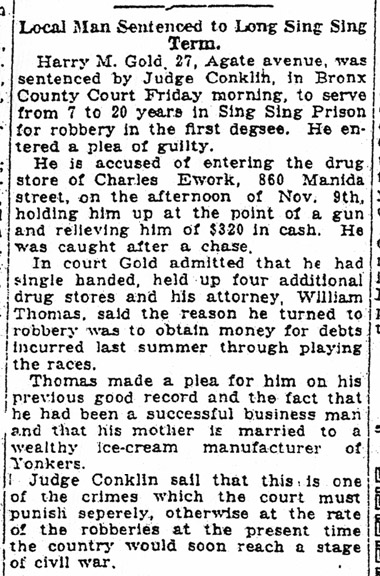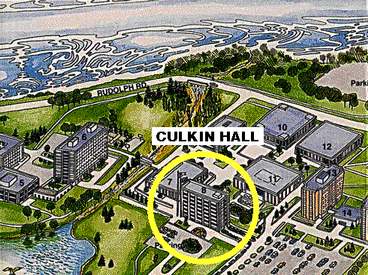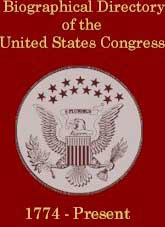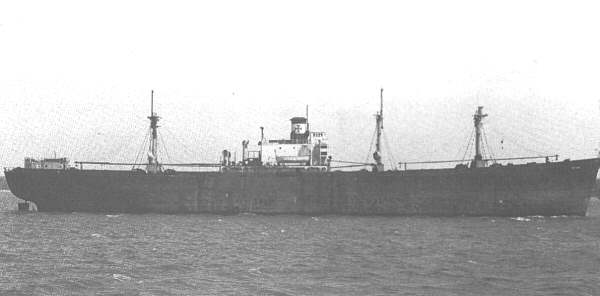The December 9th issue of the Register reported the sentencing of my father to Sing Sing. Judge Francis Dugan Culkin, whom the newspaper mistakenly named "Conklin," sentenced him to “not less than 7 nor more than 20 years” in prison. The severe punishment, the judge explained, was needed because “… at the rate of robberies at the present time the country would soon reach a stage of civil war.”
Democratic Register clipping

The December 9th issue of the Register reported the Harry N. Gold sentencing but mistakenly gave the judge's name as "Conklin" instead of Culkin.
|
|
My father’s lawyer, William Thomas, made a leniency plea for him on his previous good record and the fact that Dad had been a successful businessman.
The robberies were rationalized as the result of my father’s racetrack losses; he “turned to robbery” to pay off his debts.
Despite the judge’s statement that the crime was one “the court must punish severely,” the seven-year sentence was not severe for the times, particularly with a good possibility of parole after five years.
I doubt that racetrack debts motivated my father to robbery.
As a lifelong gambler, his passion was playing cards and rolling dice, not betting horses. I recall him phoning bookies to bet on baseball, basketball or football, but I never heard him make a bet on a horse race. My guess is that racetrack debts were declared the reason for his robbery rather than mention the mob’s gambling parlors, where Dad lost most of his money on cards and dice.
Unlike his arrest and trial, my father’s life in Sing Sing lacks written records. Except for the admissions register, which reveals his arrival on December 9, 1924, nothing else survives to tell his story of the next five years. The fire that engulfed the old cell block, sixty years later, destroyed all evidence of his existence in Sing Sing. All that remains now is my memory of what he told me the few times we talked about his time in prison.
Culkin Hall, SUNY at Oswego, is named for
Francis D. Culkin who, among other posts
in his long career, served as a judge.

Author Robert L. Gold found in the Bronx County court file for his father's case the initials "FDC" for Francis Dugan Culkin and under the initials the following words printed: "County Judge of Oswego County Acting in and for Bronx County."
Culkin Hall is the SUNY at Oswego campus Administration Building and houses the Office of Admissions, Career Services, Financial Aid, Registrar, Student Advisement Center and other administrative offices. For more about it and the college, visit the SUNY at Oswego web site by clicking on the image above..
Culkin was born and raised in Oswego. While working as a newspaper reporter in Rochester, he studied law, being admitted to the bar in 1902. He served as Oswego city attorney 1906-1910; Oswego County district attorney 1911-1921; Oswego County judge 1921-1928; and Congressman from Nov. 6, 1928, until his death in Oswego Aug. 4, 1943. For more on his career, visit his page in the Biographical Directory of the U.S. Congress by clicking on the image below:

Judge Culkin became Congressman.
|
|
Dad said he was reasonably comfortable in Sing Sing. He found the guards to be fair and friendly and one would become a fishing friend later when he was paroled in Ossining. The other inmates, in prison, my father reported, were generally orderly and quiet. Many of them were immigrants from Europe who kept to themselves, speaking in their own languages. “No one bothered me,” he said, and there were few problems in the prison population, controlled by mob inmates.
Dad did not do hard labor in the stone quarry. Instead, I seem to remember him saying he worked inside and handled supplies like sheets, towels and the prison uniforms worn by the inmates. I am not certain what “handling supplies” meant, but I don’t think it involved doing laundry.
Whatever else he did during his time in Sing Sing, I know he read a lot, especially the so-called classics such as Don Quixote, Crime and Punishment and Moby Dick. Dad also liked Horatio Alger stories and later suggested them to my brother. He read nightly in prison.
A favorite of his was the Autobiography of Benvenuto Cellini, which he recommended to me when I went into high school. Since his reading at the time included Raymond Chandler, Dashiell Hammett and pulp fiction like Black Mask and Dime Detective, I was amazed he had read such a book.
My dad spent most of his free time with his cellmate, Jules, whose last name I think was Freedman and, rather than eat institutional food, they cooked their own meals and ate together. Jules was a diamond cutter and well educated according to my father. I assume it was Jules who guided Dad to the reading of good literature.
My father told me a story about Jules that stands out in my memory. He said that Jules, was the ghost-writer of Lewis Lawes’ popular work, 20,000 Years in Sing Sing, published in 1932. Dad certainly would have known about it since he was Jules’ cellmate in five of the seven years preceding the book’s publication. In fact, he would have witnessed the writing of the book.
Liberty Ship named for late Rep. Culkin.

In April 1944, eight months after Rep. Francis D. Culkin died, a Liberty Ship named in his honor was launched. For a larger image of it and for more information on it and other WWII Liberty Ships, click on its image above to access Agnes Bridger Bast and Tom Bowerman's web site dedicated to preserving memory of the WWII US Navy Armed Guard and WWII Merchant Marine.
Rep. Culkin served as a member of the Thomas Jefferson Bicentennial Commission and the Thomas Jefferson Memorial Commission. The memorial was dedicated the same year Culkin died: 1943. For more on the Jefferson Memorial, click on its image below from the National Park Service web site

Rep. Culkin on Jefferson Memorial panel.
|
|
While my father often would lie about his gambling losses (He would say he had been mugged in the street or a pickpocket took his salary on the subway), I never knew him to lie capriciously or ever lie to inflate his own importance or that of a family member or friend.
Jules was sentenced to twenty-five years in Sing Sing for a murder. Enraged to learn of his business partner’s embezzlement of their company’s funds, Jules threw him down a flight of stairs and killed him. I met Jules in the forties, when he was released from Sing Sing and came to Perth Amboy to visit my father.
It was on a Sunday and I recall leading him out to the Copper Works, where Dad was shooting craps with several other local gamblers. Not knowing the stranger or his relationship with my father, I was shocked to see the two men embrace, each with tears in his eyes.

